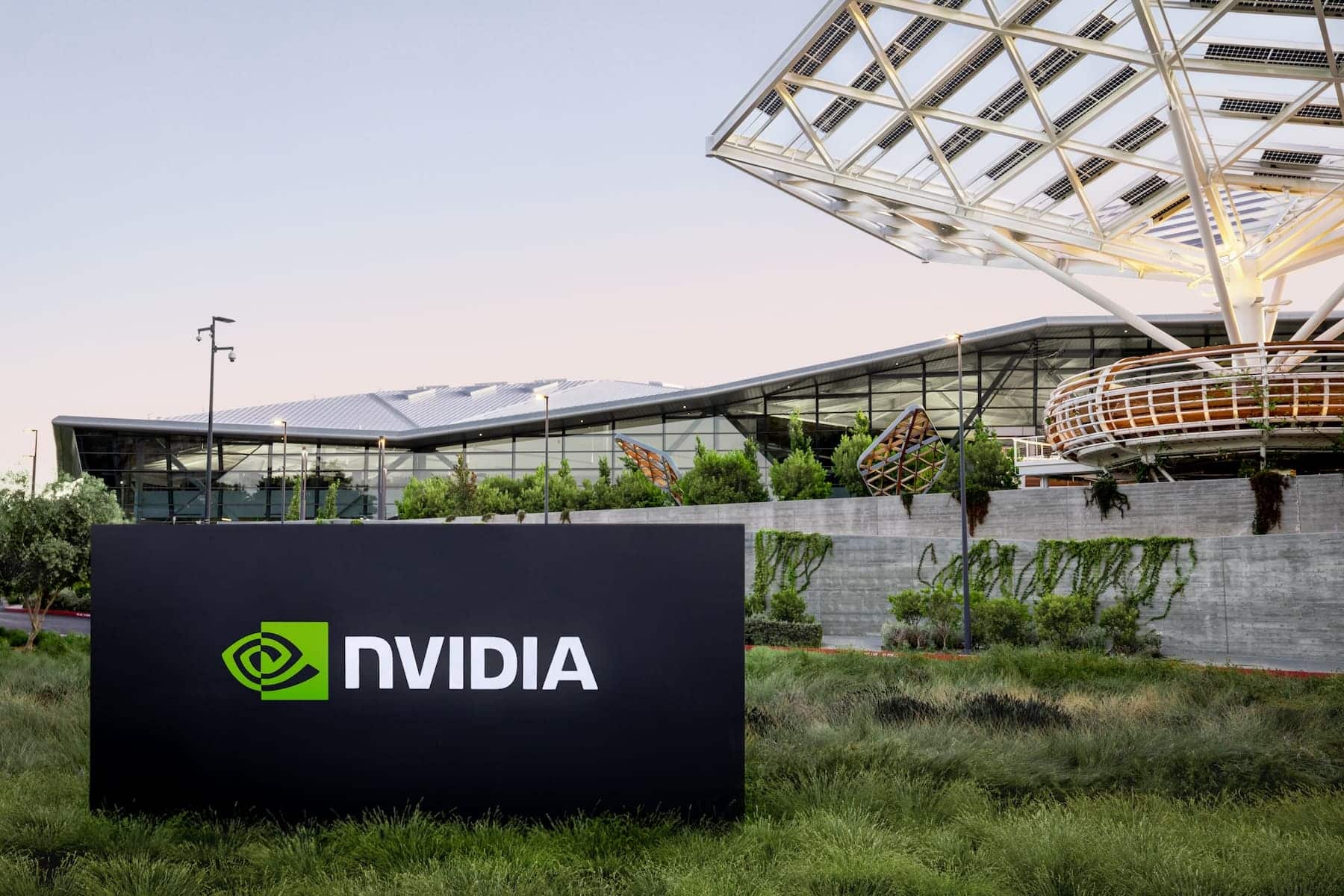NVIDIA has announced that it will deploy its GPUs and artificial intelligence (AI) services in the Middle East, covering countries such as Qatar, Oman, and Kuwait, among others. This move comes at a time when US sanctions on China have significantly impacted major technology companies, including NVIDIA, limiting its ability to sell AI GPUs to Chinese clients.
Despite the restrictions imposed by the US Government, NVIDIA has signed a significant agreement with the Qatari telecommunications group Ooredoo. This agreement will allow NVIDIA to deploy its AI hardware in Ooredoo’s data centers in six countries: Qatar, Algeria, Tunisia, Oman, Kuwait, and Maldives. This is the first time NVIDIA is undertaking such an ambitious infrastructure in a region affected by US sanctions.
The US administration suspects that some Chinese companies and research institutes obtain the AI chips they need through intermediaries in the Middle East. For this reason, the sanctions not only directly affect China but also other regions, limiting the commercial operations of US companies like NVIDIA in those places.
Ooredoo’s CEO, Aziz Aluthman Fakhroo, has confirmed that NVIDIA will provide its AI hardware in the group’s data centers. However, neither NVIDIA nor Ooredoo have specified which hardware will be installed exactly. It is assumed that it will be NVIDIA’s most advanced GPUs, although US sanctions prevent the sale of their most powerful chips in the Middle East.
NVIDIA will have to assure the US Government that all their GPUs will exclusively reach Ooredoo’s data centers and will not be diverted to Chinese companies. It is expected that NVIDIA will obtain the necessary export license to carry out this agreement. Additionally, Ooredoo must ensure that Chinese companies do not have access to their cloud AI services.
This project represents a strategic opportunity for NVIDIA, while also posing significant challenges in terms of sanctions compliance and export control. With the demand for AI GPUs constantly growing, this agreement could position NVIDIA advantageously in the Middle East, as the US and China continue their technological rivalry. The impact of this expansion and the security measures adopted will be topics of discussion in the coming months.

